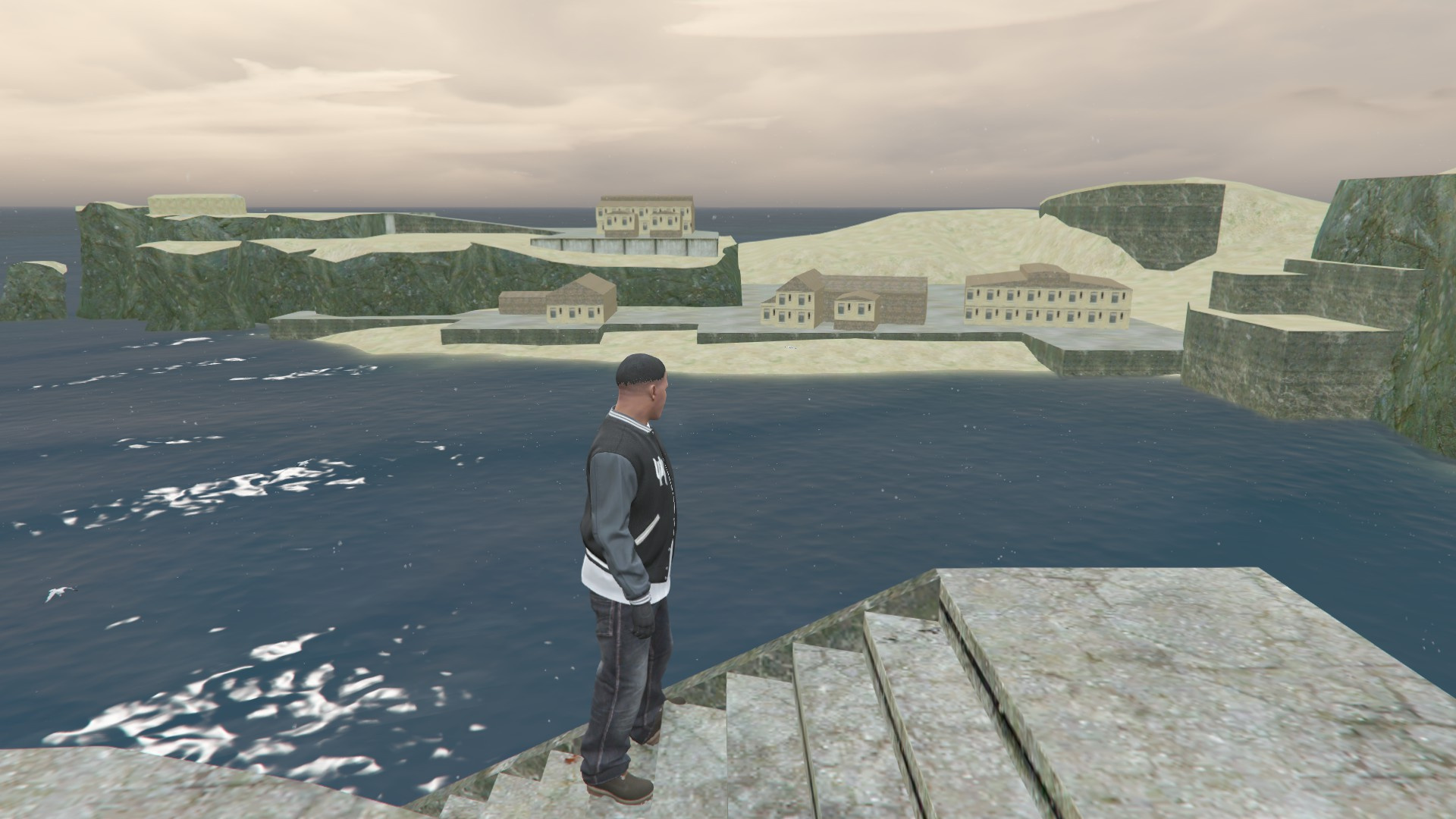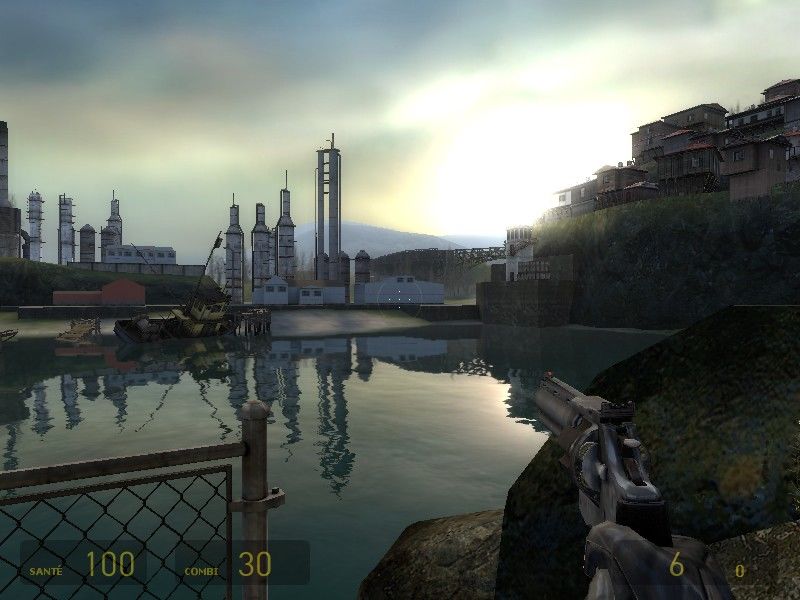

“We didn’t know if we were going to come back.”

“I told my kids and husband to pack what was most important to them,” she says. It was really shocking.”Īfter a week of waiting, she decided to leave her home. You couldn’t see trees 100 metres in front of you. “You could see these huge billowing clouds and the whole sky turned grey. I had to tell my kids they couldn’t go outside,” she says. “You’re sitting in your house in a resort town, thinking, ‘Why am I here if I can’t do anything?’”Īs the fire moved closer to her home, the 41-year-old and her family stayed inside and anxiously followed the news. “You couldn’t go to the beach or go hiking,” she says. In July, fumes from the Tamarack and Dixie fires caused severe reductions in air quality in the resort town. The tourist spot is known for its idyllic beaches and mountain hikes.īut this summer, smoke from nearby wildfires prevented her family from enjoying the outdoors. Ms Vrugtman Featherer owns a house in South Lake Tahoe and each summer spends around two months or so holidaying in the area with her husband and two children. Severe drought conditions combined with record heat to fuel what is likely to be one of the state’s worst fire seasons in history. “It was pretty apocalyptic.”Ĭaldor was one of several large fires to cause chaos across California this year.

It was literally raining ash,” says Yvonne Vrugtman Featherer, a teacher living in the resort town of South Lake Tahoe during this summer’s historic Caldor fire. “There was ash falling from the sky for multiple days. ‘We didn’t know if we were going to come back’

Australia finally announced a pledge to become net-zero by 2050 this week – one of the final major polluters to do so – but prime minister Scott Morrison faced criticism for refusing to set ambitious targets this decade or commit to ending fossil fuel extraction. The country has among the highest per-capita greenhouse gas emissions in the world. She is the founding president of Bushfire Survivors for Climate Action, an advocacy group calling for the Australian government to take stronger measures against the climate crisis.Īustralia’s plans for tackling the climate crisis have been rated “ highly insufficient” by scientists. Ms Dodds’ experiences have spurred her into taking action. How much worse could we possibly stand than what we’ve already had?” “Now that I have felt it and smelt it and stood in the ashes, when I hear those numbers, they’re much more terrifying. It always felt like something in the future,” says Ms Dodds. “Until I saw the fire myself, I have to admit that I didn’t understand how immediate the catastrophe of climate damage is – or that it’s already here.


 0 kommentar(er)
0 kommentar(er)
